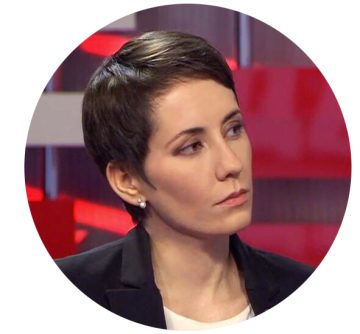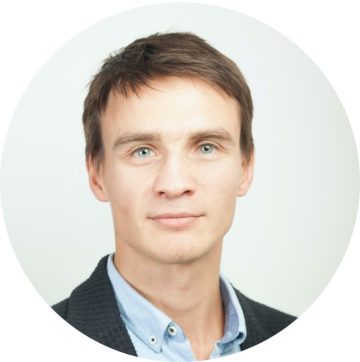Perceptions of income inequality in Russia



Svetlana V. Mareeva,
Head of Center,
HSE University,
Russia
Ekaterina D. Slobodenyuk,
Senior Research Fellow,
HSE University,
Russia
Vasiliy A. Anikin,
Senior Research Fellow,
HSE University,
Russia
Official statistics and empirical survey data widely confirm that the large-scale socio-economic changes that took place in Russia during the 2000s brought an increase in living standards for most population groups and a more-than twofold reduction in poverty. However, in terms of the perception of income inequality by the population, the situation resembles the one seen in the 1990s, during a completely different stage of the country’s development. The overwhelming majority of Russians (over 90%) today continue to perceive income inequality as excessively high and unfair, and the conflict between the rich and the poor is considered to be the most prominent among social conflicts. Demand towards the government to reduce the income differences is at its highest level since 1992.
Such perceptions about income inequality and the demand for reducing it prove to be universal for the entire population – they are differentiated neither by basic sociodemographic characteristics, nor by human capital or income levels. Results of previous empirical research in different countries demonstrate the existence of an interrelation between social mobility and tolerance towards inequality. In most general terms, it implies that an expected rise in one’s social position (upward mobility) increases tolerance towards existing inequality. However, in contemporary Russia the role of social mobility in this respect also proves to be very limited. Neither the experience of mobility in the past, nor the expectations of changes in the medium term, significantly affect the demand for reducing the differences in income between people with high and low incomes. The only aspect of mobility (or even volatility) that ‘works’ in this regard is people’s expectations of a worse financial situation in the immediate future, which only increases support for reducing income inequality in Russian society.
What could be the reasons for Russians universally sharing these ideas about inequality that are influenced neither by socio-demographic and socio-economic factors, nor by experience and expectations of mobility, which to a certain degree runs counter to the results of previous studies?
Official statistics and sociological research show that in spite of the changes in incomes and standards of living for most of the population, the gap between the wealthy few and the rest of the population, whose prosperity can be characterized as very moderate and unstable, remains and is growing. Russia is characterized by having one of the world’s highest degrees of income and wealth concentration at the top. In these conditions, even that part of the population that is considered to be relatively prosperous by general standards, when talking about reducing income inequality and the conflict between the rich and the poor, does not refer to itself and its own separation from the masses but to the elite who have left the rest of the population (both the disadvantaged and the well-off, according to general standards) far behind and keep increasing the distance. Therefore, even one’s personal experience or expectations of mobility do not change the general ideas about the unacceptability of existing inequality.
Moreover, research shows that demand for reducing inequality is based mostly on the general perceptions of the population about social justice and notions of the “ideal” and “real” society in terms of inequality. It is much less connected with individual characteristics and one’s own specific situation, including mobility, since inequality is seen as a general, societal problem.
In these conditions, inequality becomes a serious challenge for the state, which the population sees as the main actor in solving this problem. Dissatisfaction with the efficiency of the state’s actions in regard to inequalities, voiced even by the most educated, qualified, and independent Russians, becomes an important challenge that raises the question of the revision of the social contract.
Email: smareeva@hse.ru; eslobodenyuk@hse.ru; vanikin@hse.ru
Expert article 3028
> Back to Baltic Rim Economies 4/2021
To receive the Baltic Rim Economies review free of charge, you may register to the mailing list.
The review is published 4-6 times a year.
